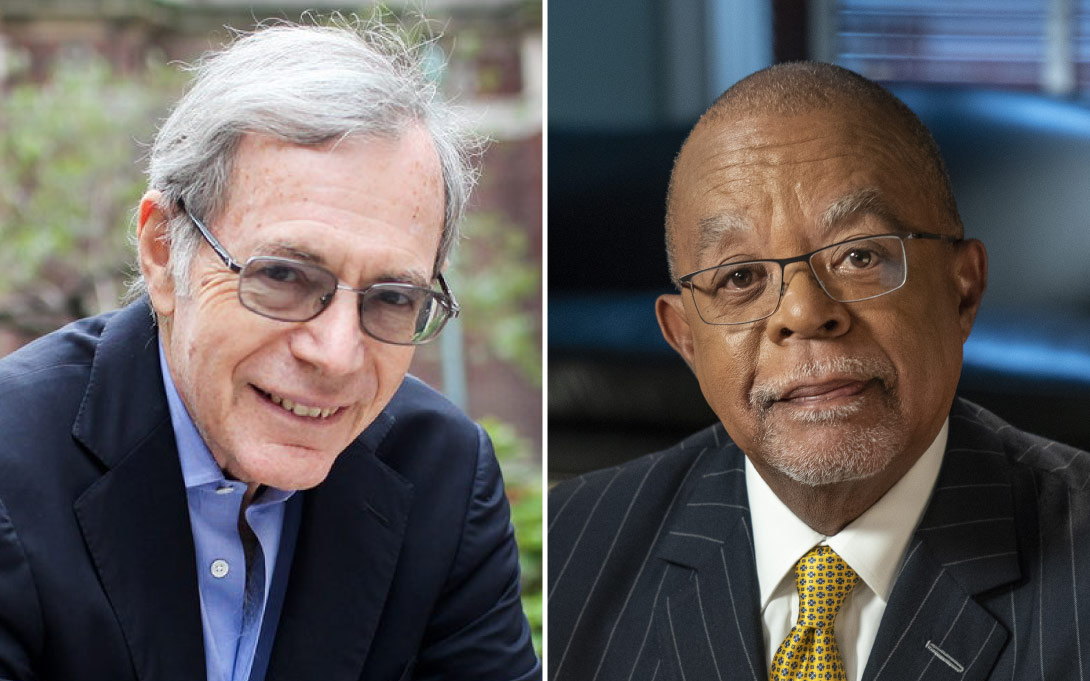Henry Louis Gates, Jr. and Eric Foner in conversation
Penny Stamps Speaker Series
Date & time
Location
This is a Virtual Event.
Free and open to the public. For viewing information please visit https://stamps.umich.edu/stamps/detail/henry_louis_gates_jr._and_eric_f…
Pausing for a moment of post inaugural reflection, following one of our nation’s most contentious presidential elections, this conversation brings together filmmaker, scholar, journalist and cultural critic, Henry Louis Gates, Jr. with prominent historian Eric Foner to contemplate how a divided nation comes together. The two will discuss Reconstruction, the all-too-brief period following the Civil War when the United States made its first effort to become an interracial democracy. The period saw the Constitution rewritten to incorporate the ideal of racial equality, but ended as a result of a violent backlash that erased many of the gains that had been made, with consequences we still confront as a nation. The program will also preview Gates most recent project, The Black Church, which will premiere on PBS in February.
From the speakers' bios
Henry Louis Gates, Jr. is the Alphonse Fletcher University Professor and Director of the Hutchins Center for African & African American Research at Harvard University. Professor Gates is an author and filmmaker whose work includes Reconstruction: America after the Civil War, winner of the Alfred I. duPont-Columbia University Award, and the related books, Dark Sky Rising: Reconstruction and the Dawn of Jim Crow, with Tonya Bolden, and 2019 New York Times Notable Book, Stony the Road: Reconstruction, White Supremacy, and the Rise of Jim Crow. Gates’ groundbreaking genealogy series, Finding Your Roots, is now in its sixth season on PBS and has been called “one of the deepest and wisest series ever on television,” leveraging “the inherent entertainment capacity of the medium to educate millions of Americans about the histories and cultures of our nation and the world.” Gates is the recipient of an Emmy Award, a Peabody Award, an NAACP image award, an MacArthur Foundation “genius award,” and in 1998 he was the first African American to receive the National Humanities Medal. Gates was named to Time’s 25 Most Influential Americans list in 1997, to Ebony’s Power 150 list in 2009, and to Ebony’s Power 100 list in 2010 and 2012.
Eric Foner, DeWitt Clinton Professor Emeritus of History at Columbia University, is one of this country's most prominent historians. Professor Foner's publications have concentrated on the intersections of intellectual, political and social history, and the history of American race relations. One of his best-known books includes Reconstruction: America's Unfinished Revolution, 1863-1877, winner of the Bancroft Prize, Parkman Prize, and the Los Angeles Times Book Award. His latest book is The Second Founding: How the Civil War and Reconstruction Remade the Constitution. Foner has also been the co-curator, with Olivia Mahoney, of two prize-winning exhibitions on American history: A House Divided: America in the Age of Lincoln, which opened at the Chicago Historical Society in 1990, and America's Reconstruction: People and Politics After the Civil War, which opened at the Virginia Historical Society in 1995 and traveled to several other locations.
Lynette Clemetson is the Director of Wallace House, Knight-Wallace Fellowships and the Livingston Awards at the University of Michigan. A longtime journalist, she was a correspondent for Newsweek magazine in the U.S. and Asia, a national correspondent for The New York Times, and senior director of strategy and new initiatives at NPR. Wallace House works to sustain and elevate the careers of journalists, foster civic engagement, and uphold the role of a free press in democratic society.
This event is part of the Democracy & Debate theme semester with support from Wallace House and the Ford School of Public Policy.
